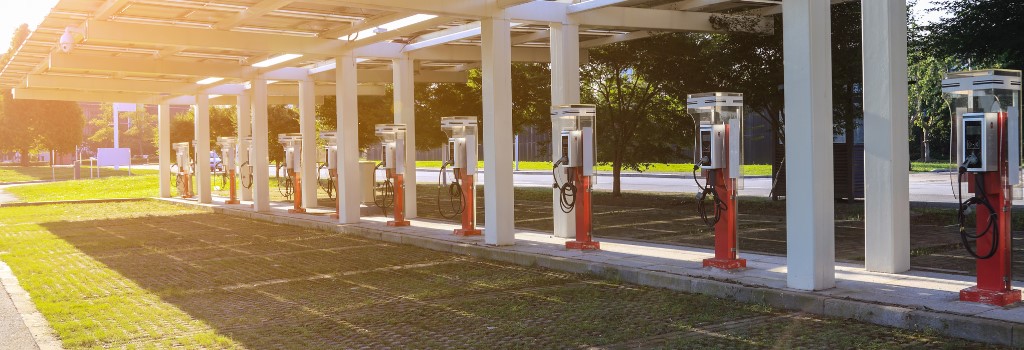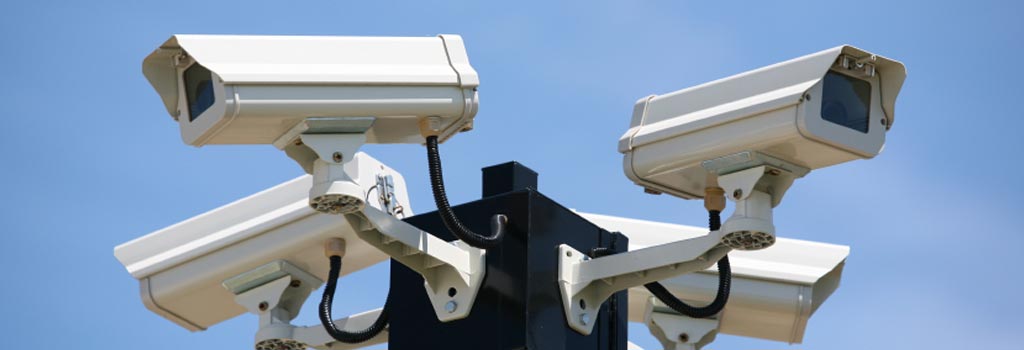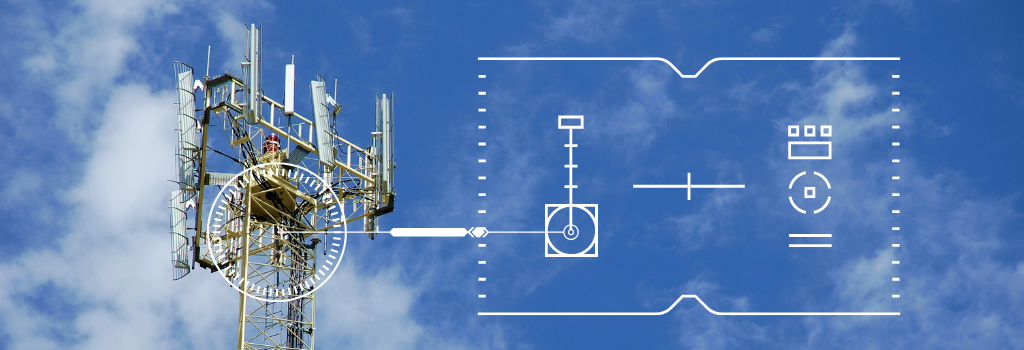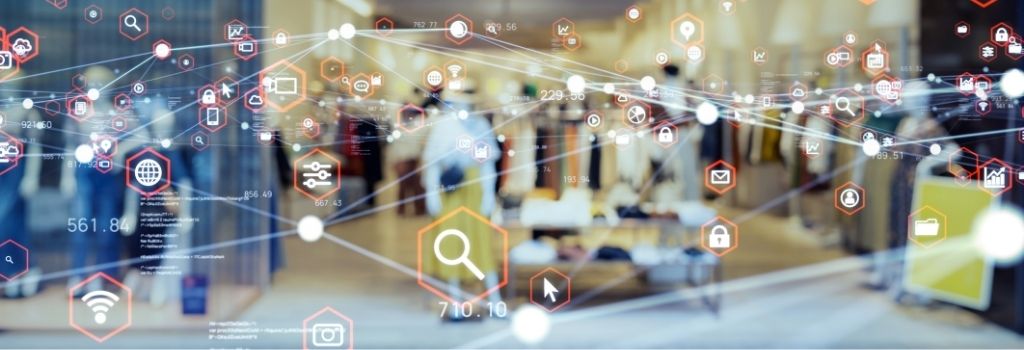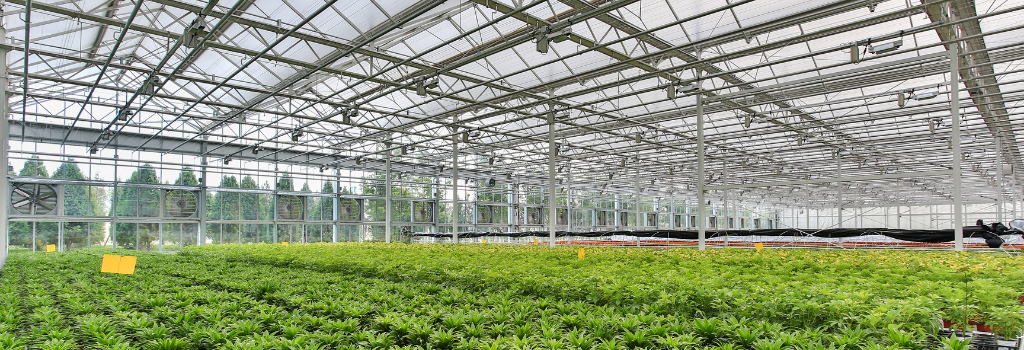Intelligent Systems
Domain-specific Large Vision Models (LVMs) represent a critical innovation in artificial intelligence, providing tailored solutions to meet the distinct needs of various industries. Utilizing deep learning to process and interpret extensive visual data, these models offer insights that can significantly enhance operations, decision-making, and unlock new possibilities. Focused on specific fields like healthcare or manufacturing, LVMs surpass general-purpose models by learning from large, specific datasets, detecting complex visual patterns that broader models may miss.
閱讀全文: Building Edge AI Appliances Tailored for Domain-Specific Large Vision Models
Communities across the globe are grappling with the consequences of climate change, ranging from devastating floods to wildfires. As a result of abnormal climate patterns, forests are becoming increasingly parched, and heat waves have begun to emerge, exacerbating the destructive nature of wildfires. To effectively address this challenge, we explore innovative solutions to help communities prepare for and respond to climate-related disasters and threats.
閱讀全文: AI-Optimized Edge Server for Real-time Wild Fire Detection and Monitoring
We’ve been witnessing since early 2013 the exponential growth and popularity of electric passenger vehicles and to this day this trend does not show signs of slowing down as EV sales, government EV subsidies and manufacturers’ pledges for reducing carbon footprint, all point towards a gradual but inevitable EOL of almost all internal combustion engine (ICE) vehicles.
閱讀全文: LEC-7242H: Enabling OCPP Compliant And Environmentally Sustainable EV Charging Stations
IIoT-I530H: Providing Surveillance Systems With Imaging-based Automated Decision-Making Capabilities
A dairy product company with more than 600 employees, a fleet of 80 trucks and 700 vehicles wishes to further ensure production safety and perimeter security by streamlining their factory facilities’ surveillance system; one of their most expansive production areas extends over 50,000 square meters and is located right next to a wooded land.
Since cell tower sites and multi-site offices are spread over multiple geographies, covering urban and remote areas, monitoring cell tower sites from a centralized location is becoming increasingly difficult. Non-visibility of energy consumption and asset maintenance further increases OPEX and significant security threats.
閱讀全文: Rugged IoT Gateway Boosts Cell Tower Monitoring Deployment
Retail (brick-and-mortar and e-commerce) can leverage computer vision to analyze image data and generate insights. With video cameras around a retail store collecting digital images and a Deep Learning (DP) model, the retail store could identify and classify objects accurately and react immediately to what they see. But implementing Computer Vision can be pretty challenging because it needs large sets of data and a scalable and manageable computing power that only the cloud could give.
閱讀全文: Low-footprint Edge AI Platform for Retail Vision Analytics
Creating and controlling microclimates inside greenhouses for sensitive plants such as orchids, exotic fruits, and mushrooms can be pretty challenging. Although there are some monitoring and controlling systems, such as SCADA, that can control environments for such sensitive plants; these systems have limitations when it comes to connectivity and interoperability.
閱讀全文: Greenhouse Intelligent Monitoring and Control Solution








